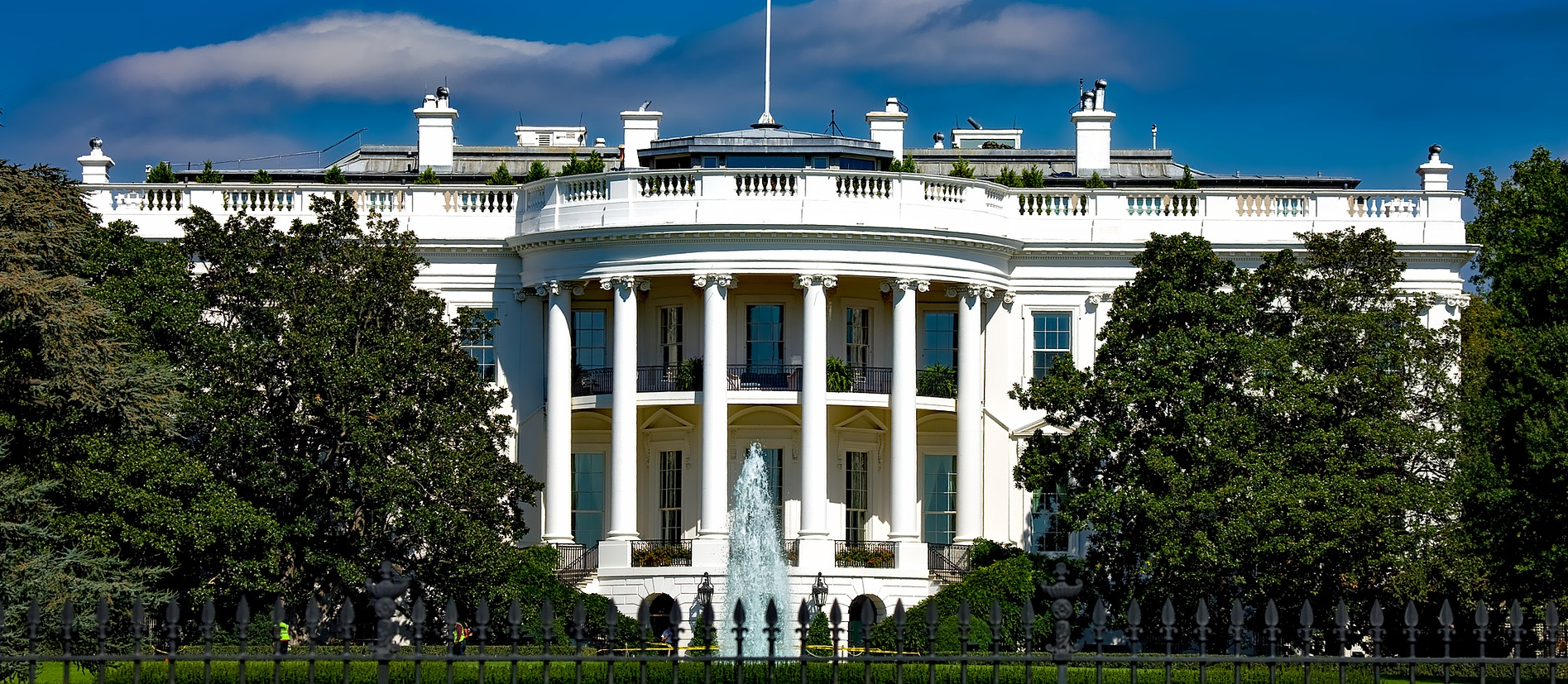New US Presidents Come with High Expectations
Over the past half-decade, the world has gone through very unpredictable times – and the US has been at the heart of it. A tech and trade conflict broke out with China, economic growth slowed, and there was a major fracture in civil society. While there was clear support for ideas that opposed collaboration, the majority in the US are eager to distance themselves from such extremities. Even in the past, when less-than-ideal events played out, US citizens reposed their faith in their administration to usher in the required change.
President Biden is no exception to this rule of thumb. Everyone expects the President to create change which is observable instantly – but he is heading a democracy, and all parties need to debate. First, he stimulated a huge COVID management response, then he hoped to break barriers to equality and create a Hate Crimes Act. What else might he achieve before he enters the next election fray in 2024?
Horasis is organizing the Horasis USA Meeting on 04 March 2022 to examine and evaluate such issues. The one-day virtual event will see participation from a diverse range of people, spanning members of governments, businesses, academia, and the media. The goal is to deliberate on pressing issues that undermine progress and arrive at actionable solutions that can ensure shared prosperity.
Managing COVID-19
Amid a raging pandemic, President Biden had to first enact changes at a very basic level. The usage of face masks, for instance, had earlier met with strong resistance. And this was because COVID-19 was trivialized as being no more serious than the common flu. There was, consequently, a massive surge in cases across the country, and the corresponding death toll was alarming.
The current administration has also faced the uphill task of convincing large swathes of its population to vaccinate – both for themselves and the people they interact with. In simple terms, there was a fair share of misinformation regarding COVID and its vaccine which many were considering true.
In an attempt to drive change, a White House statement highlighted, in February 2021, that “the Biden-Harris administration will always listen to science, ensure public health decisions are informed by public health professionals, and promote trust, transparency, common purpose, and accountability in our government.” The US government also earmarked US$25 billion to set up a COVID-19 vaccine manufacturing facility, and to offer it free of charge to its citizens.
Initiating the Hate Crimes Act
The past year was marked by several instances of hate crimes and usage of excessive police force. Asian Americans, in particular, were experiencing higher rates of crime. To stem this issue, the Biden administration was prompt in introducing and signing into law the Hate Crimes Act, in May 2021. This also implied that, following debates, both chambers of Congress collaborated to pass this resolution.
The Hate Crimes Act outlined that the Department of Justice must prioritize on COVID-19 related hate crimes. In this regard, the act prescribes appointing a specific individual to ensure that justice is quickly delivered. Local and state governments have been given the ability to initiate efforts to reduce and respond to hate crimes. Additionally, victims of such wrongdoings can report untoward incidents in multiple languages.
In terms of addressing the usage of excessive police force, the George Floyd Justice in Policing Act of 2021 was initiated. This bill seeks to increase accountability for law enforcement personnel, prevent certain policing practices, establish more transparent measures for data collection, and follow more stringent training requirements for law enforcement personnel.
Unfortunately, when this bill was put to debate, the outcome was a stalemate. No headway has been made in making the police force more accountable for violations such as racial profiling, implicit bias or using excessive force. Unlike the Hate Crimes Act, the George Floyd Justice in Policing Act of 2021 has seen both chambers of Congress being unable to arrive at a resolution.
In the Run-up to the Next Election
The current administration has had to prioritize on healthcare. Almost one year into the term, the pandemic still shows no signs of waning. COVID-19 has new variants emerging, and with each one, there are immediate economic consequences since investor confidence is far from strong.
But what has Wall Street investors expressing a certain level of optimism is President Biden’s Build Back Better Bill. Should this bill be passed by Congress, it is expected to accelerate an infrastructure upgrade countrywide. What is also commendable is the emphasis on climate change and limiting the usage of fossil fuels. Meanwhile, the US$1 trillion bipartisan infrastructure bill was signed into law, earlier in November 2021.
The Biden administration has set a blazing pace for the introduction of new legislation. And with Congress being able to debate and agree promptly on most issues, there are likely to be even more major changes on the horizon.
Photo Caption: The White House in Washington DC. Any US President is expected to deliver from day one, both domestically and internationally.




